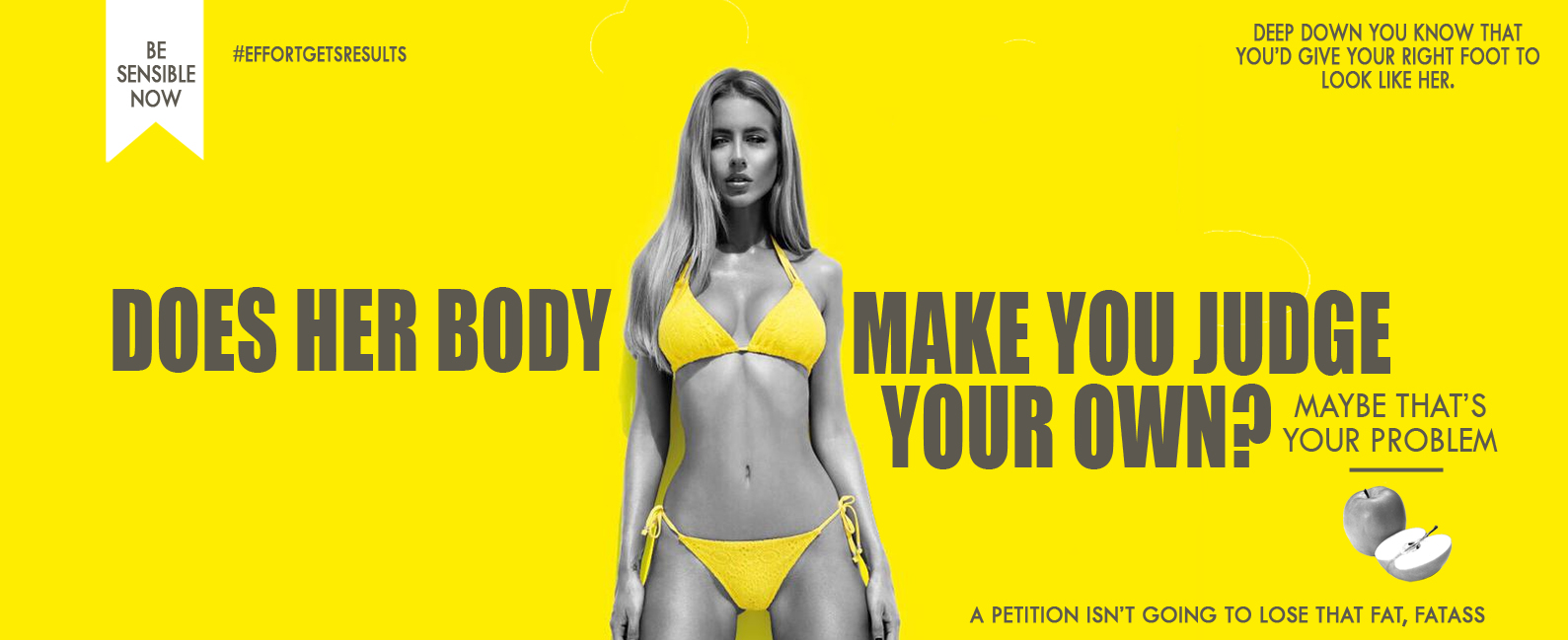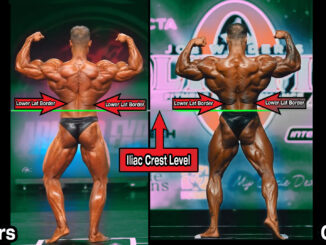
Jurassic Gorilla https://jurassicgorilla.com
Since when does showcasing a fit woman in an advertisement equate to an act of hate? Since when did the concept of free speech transform into a symbol of oppression? Since when has defacing an advertisement featuring a fit woman been deemed as an “amendment”? And since when did bomb threats become a response to a simple ad campaign promoting a healthy lifestyle? The answer, as ironic as it may seem, lies in the curious world of modern-day advertising and the birth of the term “fat shaming.”
It all began in the year 2015, a time when a seemingly innocuous advertisement sent shockwaves through public discourse. The ad in question was the brainchild of Protein World, and as the company’s head of global marketing reveals, it sparked an unprecedented level of backlash. Threats, not of the online trolling variety but real-world physical and violent threats, were directed at the company, culminating in a shocking bomb threat.
This advertisement, intended to promote a fitness product, unwittingly found itself at the center of a maelstrom. The UK’s Advertising Standards Authority (ASA) took note of the controversy and decided to weigh in. Their mission: to determine if the ads met the standards of social responsibility. After a thorough investigation, the ASA ultimately ruled that the advertisements, despite the uproar, were not offensive. However, that decision did not mark the end of this extraordinary tale.
In an unexpected twist, the contentious ads received a form of promotion that money couldn’t buy. Protein World became the talk of the town, and their sales soared to unprecedented heights, boasting a remarkable 300% increase. The controversy, it seemed, had inadvertently paved the path to prosperity.
Fast forward to early 2016, and Protein World was once again in the spotlight, unveiling a new television commercial. This time, it was not just about the ads but the deep-seated reactions they provoked.
The focal point of the controversy centered on the perception of body shaming. Some individuals argued that Protein World’s advertisements were tantamount to shaming those who didn’t conform to a particular body image, making them feel guilty about their own self-worth. Yet, is this akin to feeling offended by an advertisement for an esteemed university because it implies a lack of intelligence? Here, a peculiar role reversal transpired in the realm of political correctness, birthing a new term: “fit shaming.” This concept revolves around the idea of shaming individuals who maintain good physical condition, as if they are somehow at fault for embodying a healthy lifestyle.
In a world where notions of victimhood are increasingly prevalent, this was an instance where the dynamics had shifted. The victims had become the perceived perpetrators, turning the tables on conventional wisdom and coining a term that threw the spotlight on those who dared to maintain a commitment to their physical well-being. It is in these curious twists and turns of modern societal discourse that the term “fat shaming” was born and “fit shaming” found its place on the stage. In a world where everyone seemingly gets a turn in the role of the victim, the boundaries of sensitivity and offense continue to evolve in unexpected ways.
Where do you stand? Do you agree with the video above or the video below?










Be the first to comment